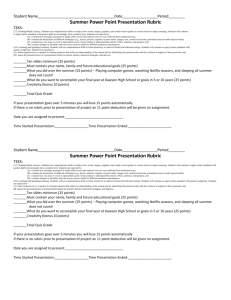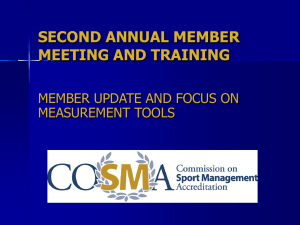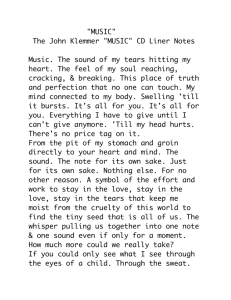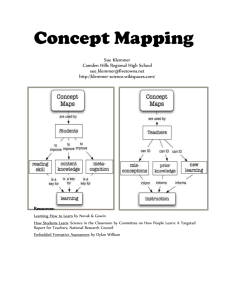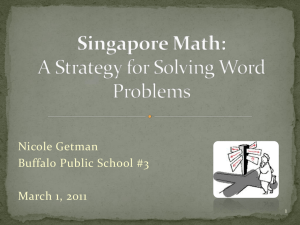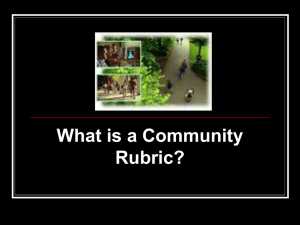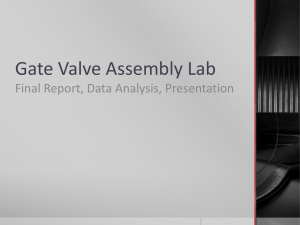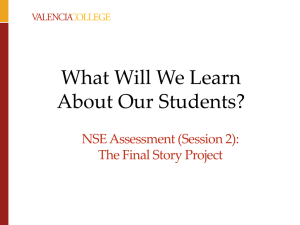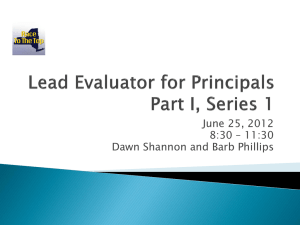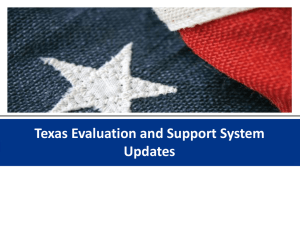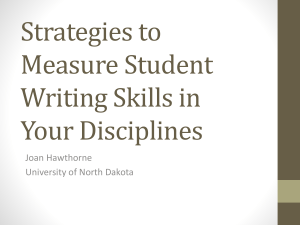Science Literacy & Concept Mapping
advertisement
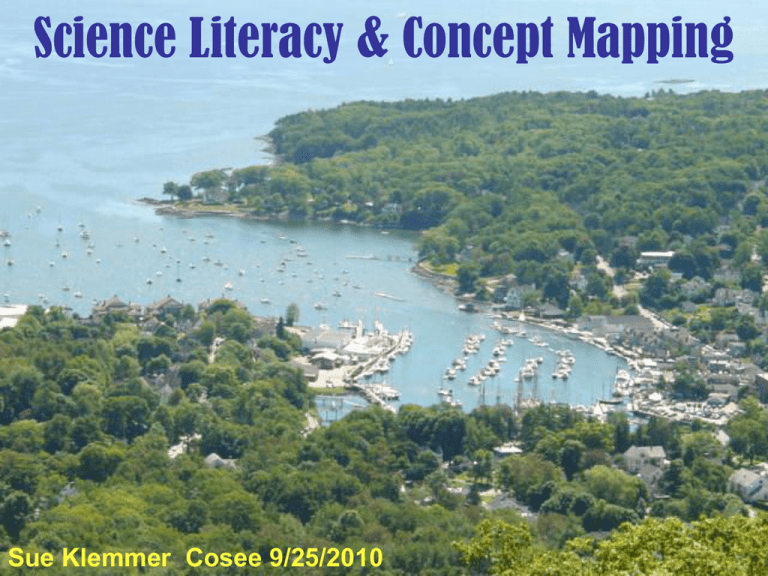
Science Literacy & Concept Mapping Sue Klemmer Cosee 9/25/2010 Sue Klemmer Camden Hills Regional High School 25 Keelson Drive Rockport, ME 04856 (207)236-7800 ext 317 sue_klemmer@fivetowns,net http://klemmer-science.wikispaces.com/ Mapping for Myself identify key concepts & relationships weed out peripheral information re-sequence instruction Mapping with Students If you really want students to learn how to make concept maps … then you have to be willing to take the time to teach them how. Map 1: Links as Definitions Map 1: Definitions as Concepts Map 1: Dependent Links Can you spot the Map 1: Nicely Done! Map 2: Finding Symmetry Can you spot the missed concept ? Map 2: Finding Multiple Links Can you spot the SAME missed concept ? Teaching Mapping start small and familiar provide feedback & samples have students share & combine maps provide opportunities for revisiting maps contrast maps with other reading comprehension techniques have clear teaching & learning goals have clear expectations (rubrics) Concept Map Rubric MEETS STANDARDS: • Maps meet the standards in reading (comprehending vocabulary) and higher order thinking skills (applying & analyzing knowledge) when: – all required concepts are present. – all concepts are linked to at least one other concept. • all links have labels that make nontrivial, valid connections between concepts. Concept Map Rubric - cont’d. EXCEEDS STANDARDS: • Maps exceed standards when they demonstrate use of the higher order thinking skill of synthesis. This can be shown as: – extra concepts that validly link given concepts to other topics. – extra links that show multiple valid connections between concepts. • a hierarchy or symmetry of concepts. Concept Map Rubric - cont’d. PARTIALLY MEETS STANDARDS: Maps partially meet the standards when they show limited comprehension of vocabulary from context (reading) or limited demonstration of application or analysis (HOTS). – One concept is missing or unconnected OR 1-2 links are invalid/trivial. (B-) – One concept is missing/unconnected AND 1-2 links are invalid/trivial. (C) Concept Map Rubric - cont’d. DOES NOT MEET STANDARDS: Maps do not meet the standards when they show lack of comprehension of vocabulary from context (reading) or demonstrates little/no evidence of application or analysis (HOTS) or lack of understanding of concept mapping. • More than one required concept is missing OR >2 links are invalid OR the links do not form coherent “concept-link-concept” sentences. (C-) • More than one required concept is missing AND >2 links are invalid. (D) • The links are not labeled.(F)

